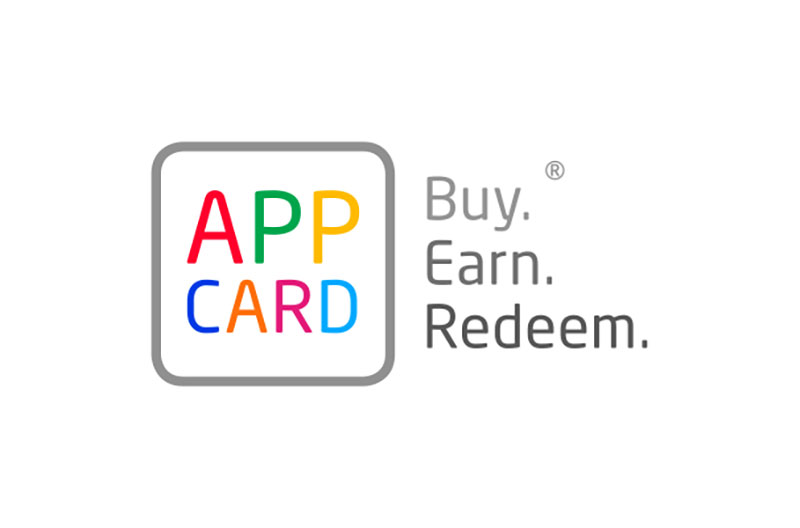“Last year was the year of the three whammies – labor shortage, logistic issues and, of course, inflation,” said Eran Harel, AppCard’s SVP of corporate development and strategic partnerships.
These three issues have been at the forefront of every retailer’s grievance list the past year. And they are continuing to be felt by retailers across the country, making the environment difficult to compete in. He said this is why his platform is continuously helping retailers bring in new customers and make their customers more apt to shop in their stores.
“Shoppers are going to seek discounts to be more sensitive for savings and [customers] to be more sensitive for being appreciated for their business,” he said.
New York-based AppCard is a personalized marketing shopper analytics and digital coupons platform and is the largest provider for independent grocers, according to Harel.
“We help the grocers really know their shoppers, understand their preferences and communicate with them with the right offer at the right touchpoint to the right shoppers…AppCard today is also the largest aggregator of digital coupons. We aggregate from all major national brands.”
AppCard caters to more than 1,500 independent grocers and 25 million households throughout the country. But many other reward and personalized marketing companies offers digital couponing and online marketing. What sets AppCard apart is timing all appropriately.
The platform combines user profiles with the grocers’ available inventory. This means the platform will continue to monitor customers’ data and present them with available coupons only when the retailer has confirmed that the product is available within its inventory. Inventory management and its marketing integration are all completed within the AppCard platform.
If the platform confirms the product is available in stores and identifies what customers would most benefit from the possible coupon, AppCard’s platform then will estimate the best time to present that coupon to the customer. Not only will it present the coupon at the best time, but it will also do it with products most appropriate for the customer.
“We present to each and every shopper coupons that are ranked based on the likelihood of purchase,” Harel explained. “For example, if you buy Tide every 21 days and we know that 18 days have elapsed, then very likely you will see that Tide coupon up there in the first three coupons in your gallery.
“Alternatively, if you buy Tide every 21 days, but we know you bought it yesterday, there’s no reason in the world for that coupon to be in the top 10.”
Also unique to AppCard is what the company refers to as the NTR or “in lane terminal.” This terminal comes into play during the checkout process. Harel offered an example. “Let’s assume that you just bought Cheerios and you didn’t go on the app or you didn’t open your email,” he said. “You scan the Cheerios and you did not know that there was a coupon. As the cashier scans the item, the AppCard terminal will prompt you. It will show you that you have a missed coupon to use for your next transaction.”
Per AppCard’s internal data, Harel said these types of couponing prompts have significant repeat purchase potential for the customer compared to other platforms in the industry.
According to Harel, about 60 percent of all coupons are clipped during the checkout process and the clip-to-redeem ratio is about 20 to 25 for most of the company’s grocer clientele.
During these inflationary times, AppCard is putting further emphasis on top shoppers.
“It’s not only important to know and understand and identify your shoppers, but it is very important to be in a position where you can identify your top shoppers and retail them,” Harel said. “Because top shoppers often – time and again – it’s all in the data.”
They continue to identify top shoppers, migrating B and C clients into top shoppers and bringing in new customers by working with the retailer. The second largest group in the company, behind its engineering team, is the customer success team.
“The emphasis of continuous improvement for the independent is that we can help them thrive and succeed. And success means that we are not just providing them with the technology and a product and telling them ‘good luck,’” Harel said. “Instead of an independent grocer having to build a team around AppCard, we actually build a team around them.”
These success managers work with the store to grade the performance of the AppCard program, helping to craft email campaigns and create offers and promotions.
“By doing that, making sure that we help our grocers to succeed makes their program even more dynamic,” he said.

